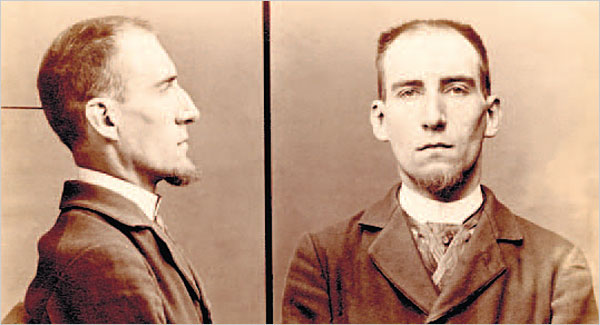
Scraps of news on throwaway newsprint, written by an obscure French figure from the previous century — you’d think you could safely consign these to the literary trash heap. But what if they happen to be marvelous, mocking scraps, written with style and concision? “They’re leaving, those Laotian dancers who graced the fair at Marseille; they’re leaving today aboard the Polynésien.” Or this beauty of an epitaph: “There is no longer a God even for drunkards. Kersilie, of St.-Germain, who had mistaken the window for the door, is dead.”
The wry, zinging voice of one Félix Fénéon would leap out of any form, even news bulletins. In “Novels in Three Lines,” Luc Sante has translated more than a thousand of these miniature dispatches, which run in French newspapers grouped under the rubric faits divers. Not quite fillers, faits divers resemble the squibs that USA Today publishes under the name of each state, for people who are stuck on runways without a book: quick word snapshots of news from the provinces; other people’s (usually) bad news, served on hors d’oeuvre picks. In Fénéon’s hands, early-20th-century France appears as a slide show, flashing scenes both homely and bizarre. “Lit by her son, 5, a signal flare burst under the skirts of Mme. Roger, of Clichy; damages were considerable.”
via Marilyn Johnson in the NY Times.
Here are four (4) examples of the novels in three lines. Most of them are in two lines, which is a bit odd, but I appreciate the author’s effort to trim back the gushing & effusive prose of the longer piece.
dg
M. Jonnart denied to the commission that the new tax
plan was a scheme to make the budget’s ends meet.
A criminal virago, Mlle Tulle, was sentenced by the Rouen
court to 10 years’ hard labor, while her lover got five.
Because of his poster opposing the strikebreakers, the
students of Brest lycee hissed their teacher, M. Litalien,
an aide to the mayor.
Nurse Elise Bachmann, whose day off was yesterday, put
on a public display of insanity.
